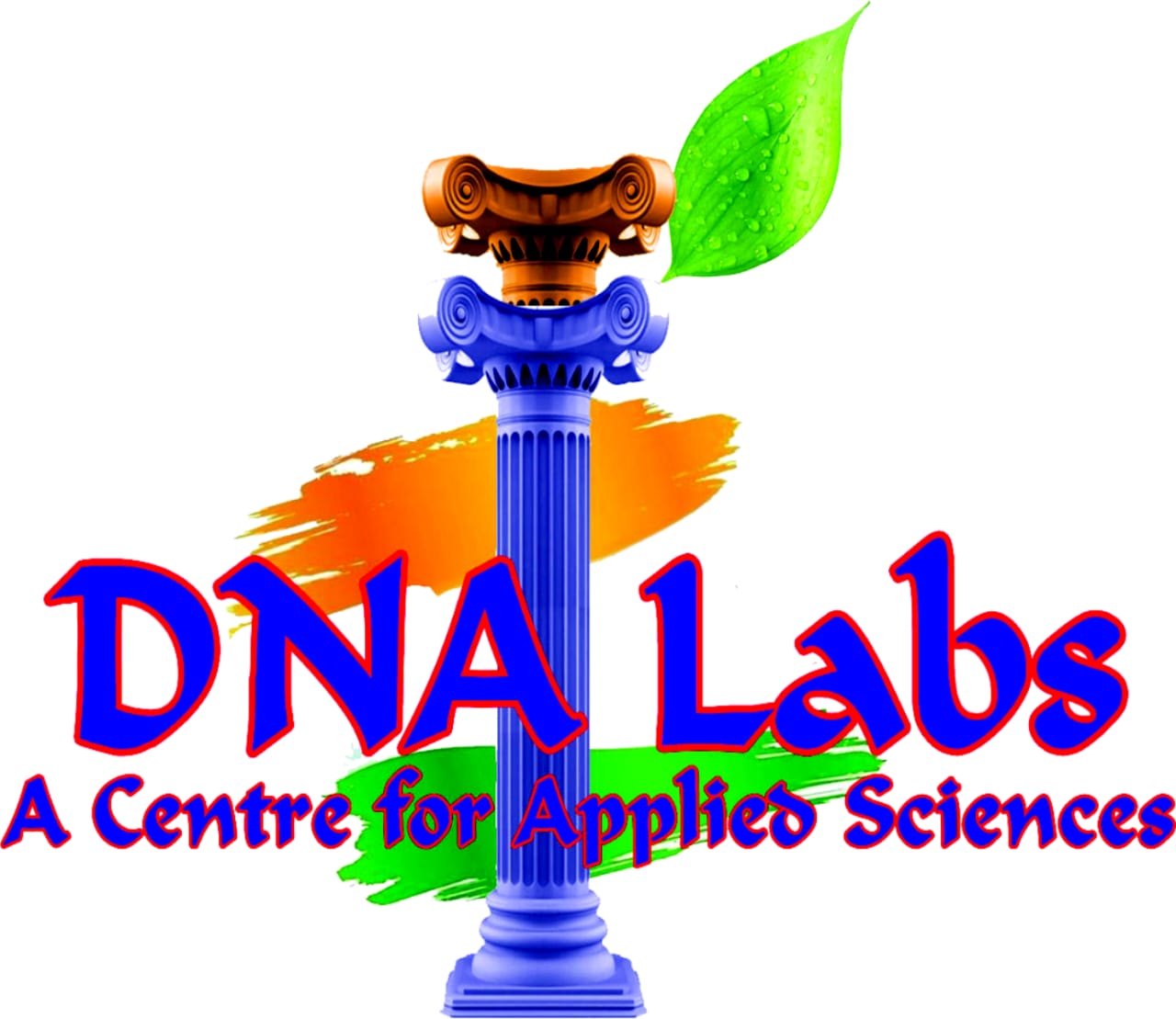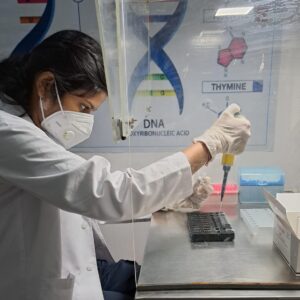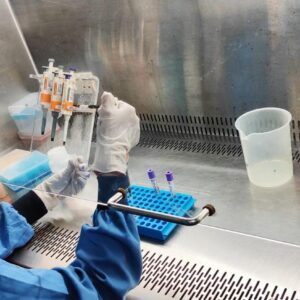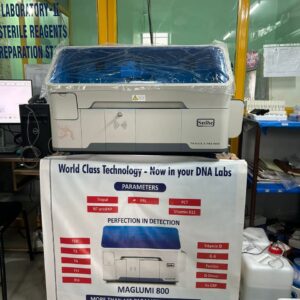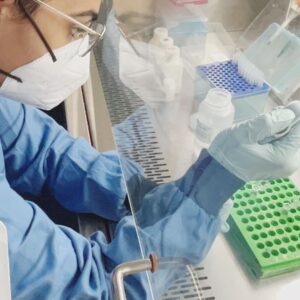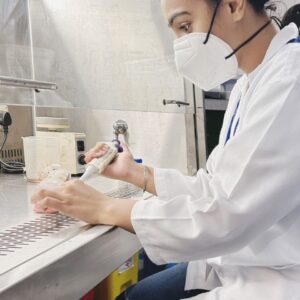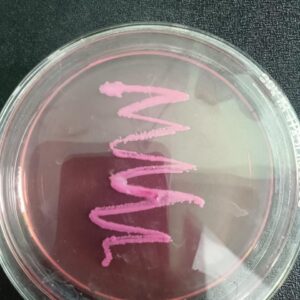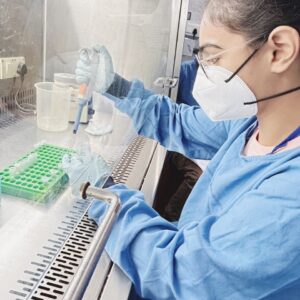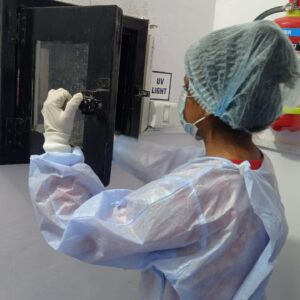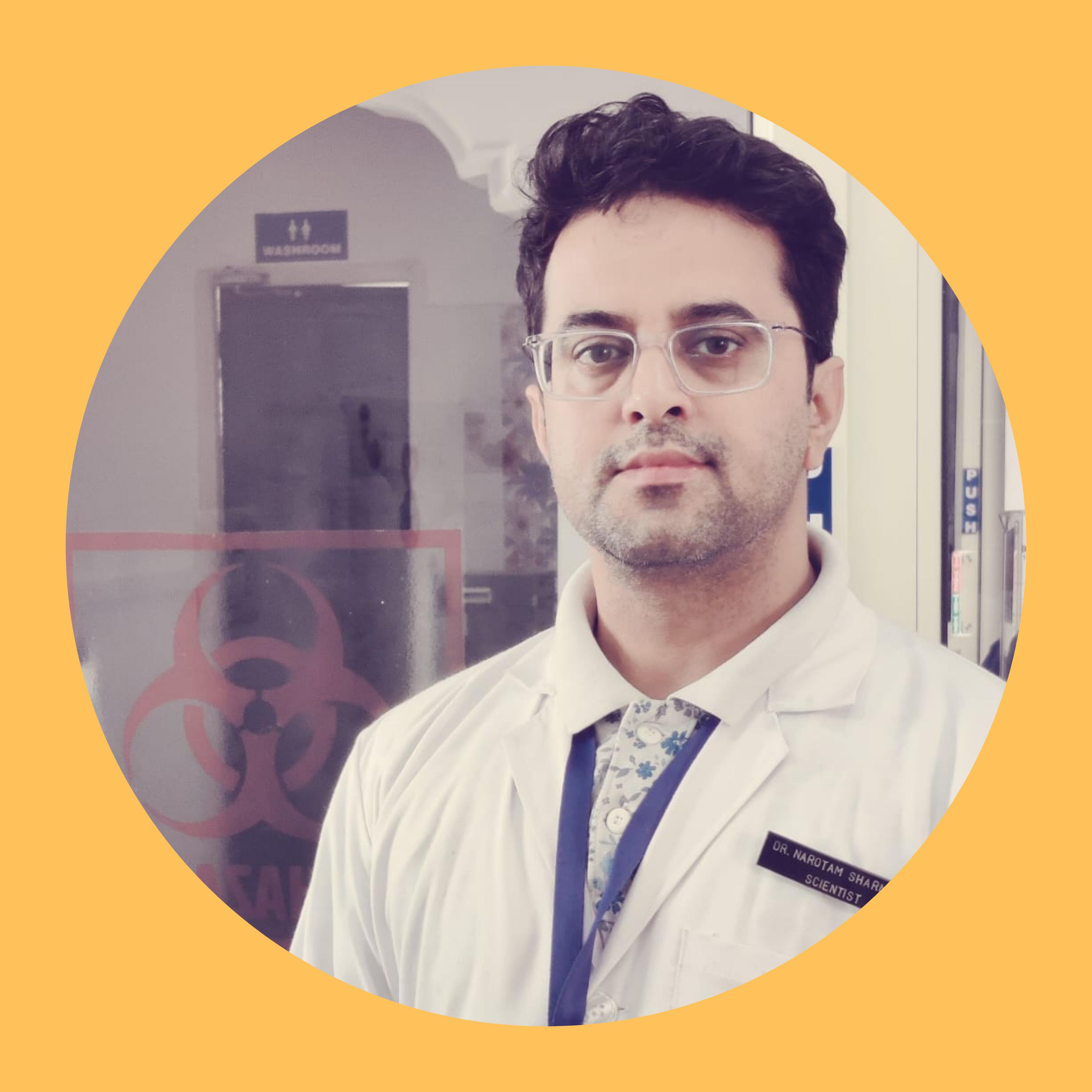
As the Program Director of Molecular Biology, I’m excited to collaborate with Pharmscape in sharing interdisciplinary knowledge with their global audience. It’s rewarding to see participants’ enthusiasm and the impact on their professional growth, shaping the next generation of scientists and researchers. I’m thrilled to contribute to their journey.
Program Director – Scientist and Head, DNA Labs

